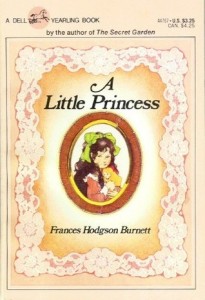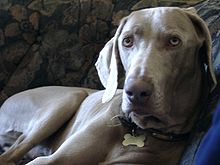 I’m over at Word Whores, talking about what childhood favorite book I’d give to a kid today – and who I’m giving this one to!
I’m over at Word Whores, talking about what childhood favorite book I’d give to a kid today – and who I’m giving this one to!
Tag: childhood
Pets of Christmas Past
 I’m over at Word Whores this Easter Sunday, mixing up my holidays and talking about the pets of my childhood.
I’m over at Word Whores this Easter Sunday, mixing up my holidays and talking about the pets of my childhood.
Lamy Llamas & Falling Stars
 Yesterday we took a little drive down the road to explore and enjoy the pretty day. There’s a town nearby called Lamy we’d been meaning to see. Not a whole lot there, but this llama seemed quite proud of his domain.
Yesterday we took a little drive down the road to explore and enjoy the pretty day. There’s a town nearby called Lamy we’d been meaning to see. Not a whole lot there, but this llama seemed quite proud of his domain.
Last Friday, I wrote a post about popularity and how I was a dorky child. My mom worries when I write posts like these, because she thinks it means she was a bad mother. For the record: she was and is a wonderful mother. From cross-comparing with other people, I suspect I drew one of the best mothers out there. It’s probably because she’s such a good mother that she worries about it.
At any rate, she asked me why I never talked to her about feeling like I was such a dork. I said that my great dorkiness seemed so self-evident that it wasn’t worth discussing. It would have been like saying “I have a nose.”
More – I think that the world of children tends to be a place adults can’t quite access.
Literary Agent Nathan Bransford wrote a blog post about dead or absent parents in children’s literature. As he notes, there are sometimes complaints that to have a child or young person’s parents be dead or absent is lazy writing. It allows the writer to skip huge chunks of family dynamics. Bransford argues that it exposes the young person to the world and forces them to be their own hero. He has an interesting point.
But I think it’s more than that.
Just as in the Peanuts cartoons, where the adult voices were a series of nonsensical wah-wah-wah burbles, the world of children excludes adults. Not deliberately, but because what matters to children and what matters to adults diverges wildly. No young person explains to their parents the complex and volatile politics of the playground, largely because it makes no sense in any other context. The small resonance of a lunch shared or stolen means nothing to people dealing with corporate takeovers.
Children’s literature simply creates the analogy by removing the parents. The echoing, insular world of children is replicated emotionally by having the adults be absent or even cruel. Then, when mentors appear, they take on even greater stature, for being the only figure in an empty landscape.
Our parents want to protect us from the cruelties of the world, which is their job. And, as parents, we want to believe we know our children and what they face. But the truth is, we all ultimately face our demons alone. For all the love, the advice and support, the mentoring, it still comes down to the face in the mirror.
Stories simply relate that truth.